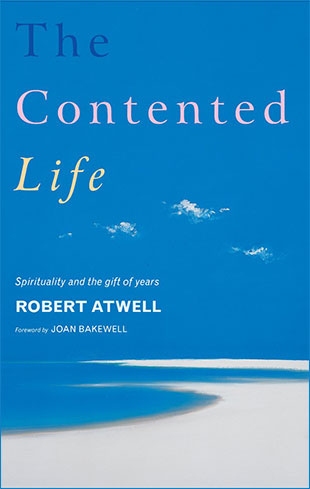"Travelling on a packed London underground train, I watched a young man engrossed in his book. As he left the train I caught sight of the title: Instant Confidence: How to go for everything you want. Getting what I want and getting it now is a popular solution to life's problems. As a generation we crave immediate satisfaction and dislike waiting. Only there are no short-cuts to happiness. When human aspiration is cheapened we end up discontented. Happiness is not something we can buy along with a new television.
"Identifying what we truly want is important, but it may take time to discern our deepest hopes and longings. As I grow older I am becoming more realistic in my expectations. Life is not as straightforward as I once thought. Part of growing in maturity is realizing I cannot have everything my own way. Coming to terms with this will contribute to whether I enjoy a sense of contentment in my latter years or end up sour and resentful. Contentment should be the crowning glory of our lives, but it is often notable by its absence.
"Resentment is more than disappointment. It has a hard, bitter edge fuelled by jealousy of other people's good fortune — and recrimination at the catalogue of our failures. Unlike anxiety, which can gnaw away undetected, anger and resentment are easier to identify. I know when I am angry at someone. I then have the choice to give in to it, or to rise above it and free myself from its poison.
"Contentment emerges as we face our demons and integrate our disappointments. It is the fruit of the way we live, including a positive attitude to other people's good fortune. Soren Kierkegaard says that self-absorption is the enemy of contentment because 'the door to happiness always opens outwards.' Above all, a contented life is one characterized by thanksgiving for what we have rather than moaning about what we do not have, or what the adverts tell us we ought to have."
